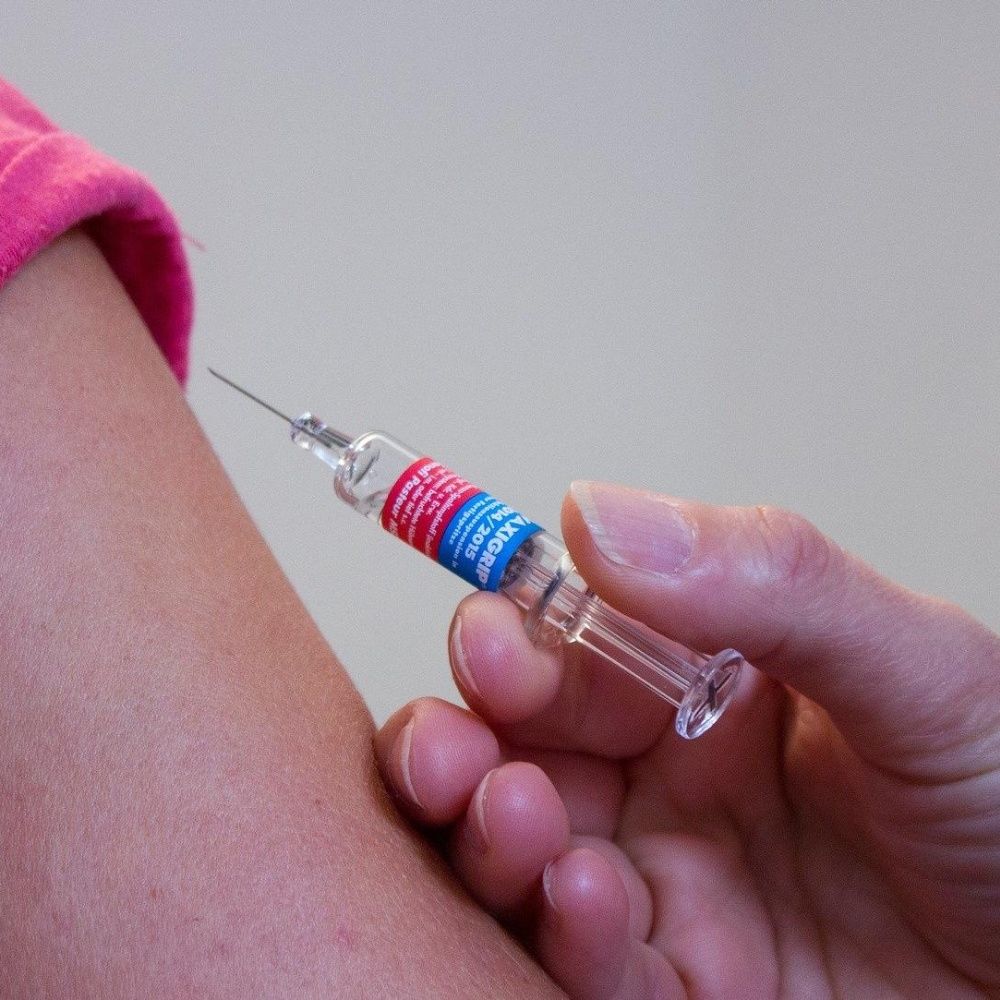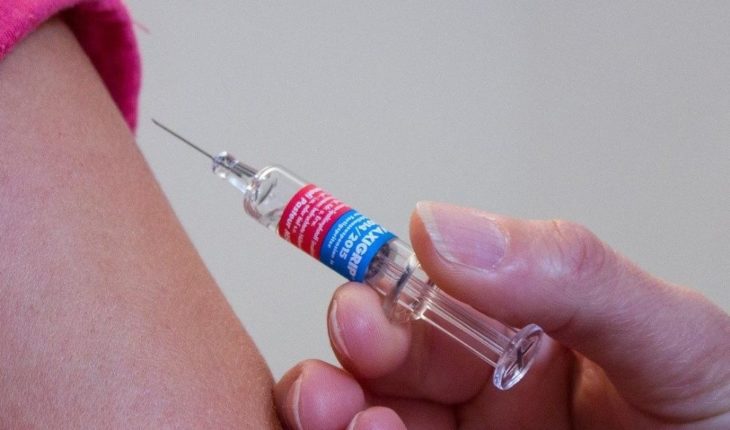
Usa.- Measles, mumps, rubella and chickenpox vaccines are highly effective and do not cause autism, researchers who reviewed 138 studies that included 23 million children.” In terms of safety, we know from previous studies around the world that the risks posed by these diseases far outweigh those of vaccines administered to prevent them,” said lead author Dr Carlo Di Pietrantonj. “In this review, we wanted to look at the specific harm evidence that has been linked to these vaccines in public debates, often without rigorous scientific evidence as a basis.” You may be interested: Sinaloa has enough vaccines to prevent measles outbreakThe infectious diseases can be serious and cause disability and death. Measles is a major cause of paediatric deaths worldwide. Rubella poses a serious risk in pregnancy because it can cause its loss or harm the fetus. The SPR vaccine (against measles, mumps and rubella) protects against three infections. There is also a combination of SPR and chickenpox vaccine (SPRV), or the chickenpox vaccine can be administered separately at the same time (SPR+V). The new study appears in the April 20 edition of the Cochrane Review.” In general, we believe that existing evidence on the safety and effectiveness of SPR/SPRV/SPR+V vaccines supports their use for mass immunization,” Di Pietrantonj said in a Cochrane press release. Di Pietrantonj works in the SeREMI Regional Epidemiology Unit of Italy.
In the new study, researchers reviewed 51 studies of 10 million children evaluating the effectiveness of SPR and chickenpox vaccines, and 87 studies of 13 million children assessing the risks posed by vaccines. One dose of the vaccine was 95 percent effective for measles prevention, which increased to 96 percent after two doses. The case rate in children receiving a dose would be 0.5 percent, compared to 7 percent among unvaccinated children.
One dose of the vaccine was 72 percent effective at mumps prevention, which increased to 86 percent after two doses
The case rate in children receiving a dose would be 1 percent, compared to 7.4 percent among unvaccinated children. The results for rubella and chickenpox were also encouraging. One dose of the vaccine was 89 percent effective in preventing rubella. One study found that, after 10 years, the SPRV vaccine had a 95 percent effectiveness in preventing chickenpox infection. If exposed to chickenpox, five out of 100 vaccinated children would get it. In addition, the researchers analyzed two studies of nearly 1.2 million children who examined the association between vaccines and autism. Diagnosed cases of autism were similar in vaccinated and unvaccinated children. Two more than 1 million children found no evidence of a link between SPR vaccines and the following diseases and conditions: encephalitis, inflammatory bowel disease, Crohn’s disease, cognitive retardation type 1 diabetes, asthma, dermatitis/eczema, hay fever, leukemia, multiple sclerosis, impaired gait, and bacterial or viral infections.” Campaigns seeking global eradication should assess countries’ epidemiological and socio-economic situations, as well as the ability to achieve high vaccine coverage. More evidence is needed to assess whether the protective effect of SPR/SPRV could decrease over time since immunization,” di Pietrantonj.You may be interested: Coronavirus could leave 117 million children without measles vaccinationA end of April will apply first covid-19Vacuna vaccine tests against Covid-19 from Oxford has 80 percent chance of success





